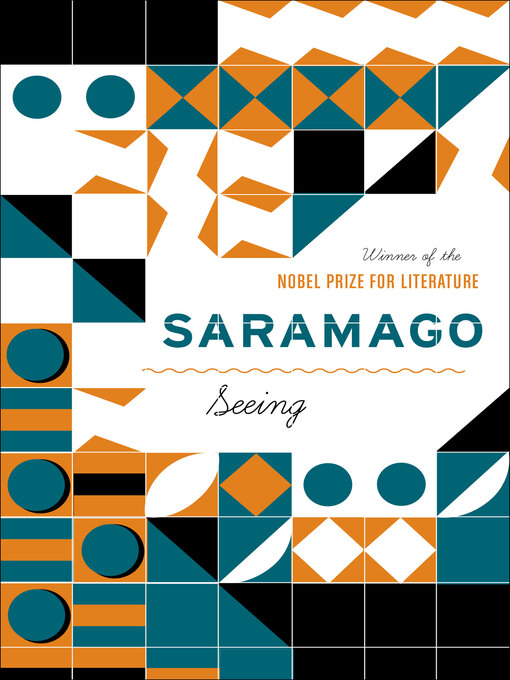A strange protest triggers a descent into paranoia and chaos in this “illuminating parable”—a sequel to the Nobel Prize-winning author’s Blindness (Ursula K. Le Guin, The Guardian, UK).
On election day in the capital, it is raining so hard that no one has bothered to come out to vote. The politicians are growing jittery. Should they reschedule the elections for another day? Around three o’clock, the rain finally stops. Voters promptly rush to the polling stations, as if they had been ordered to appear. But when the ballots are counted, more than 70 percent are blank.
In response to this mass act of rebellion, a state of emergency is declared. But are the authorities acting blindly? The word evokes terrible memories of the plague of blindness that hit the city four years before, and of the one woman who kept her sight. Perhaps she is the one behind the blank ballots. A police superintendent is put on the case.
What begins as a satire on governments and the dubious efficacy of the democratic system turns into something far more sinister. As the story unfolds, “the humor is still tender but the tone darkens, tension rises” (Ursula K. Le Guin, The Guardian, UK).
